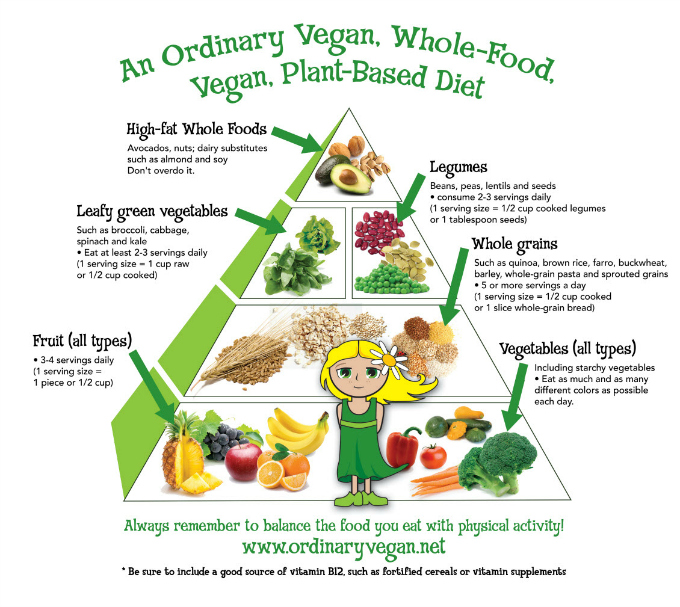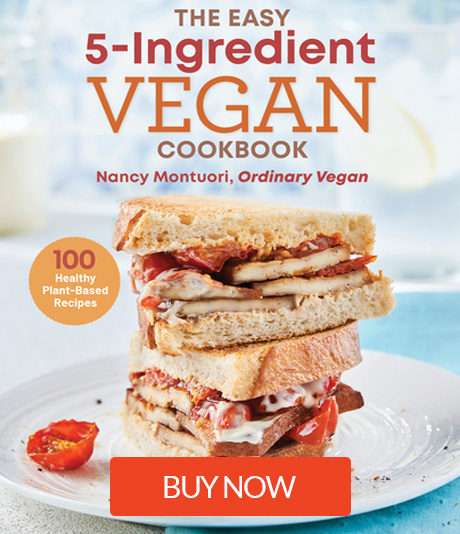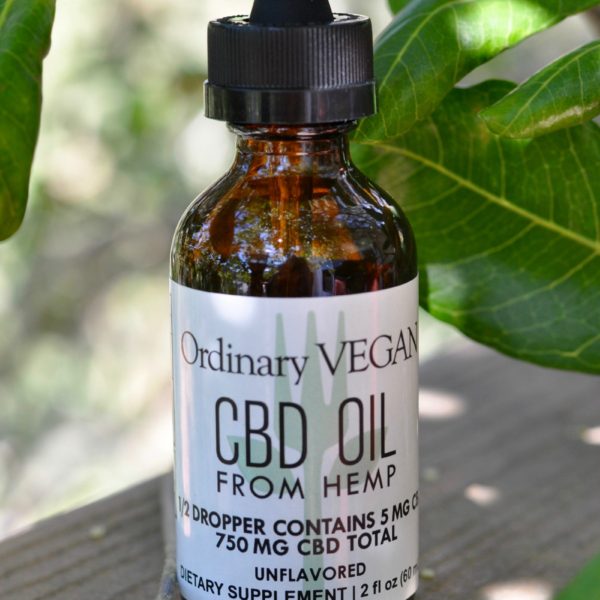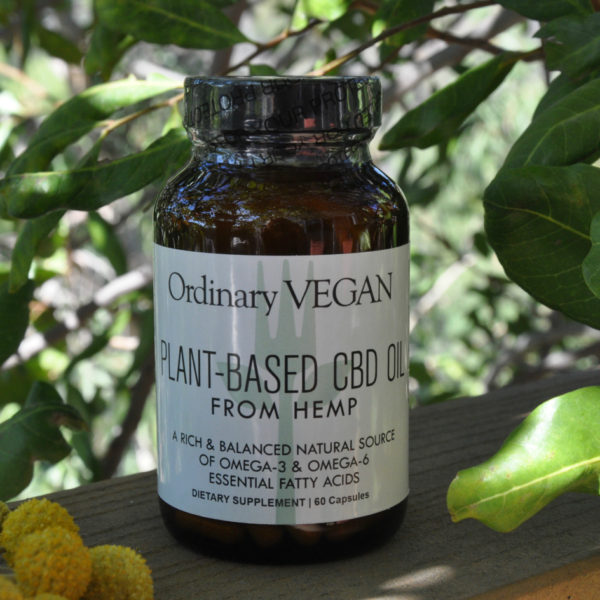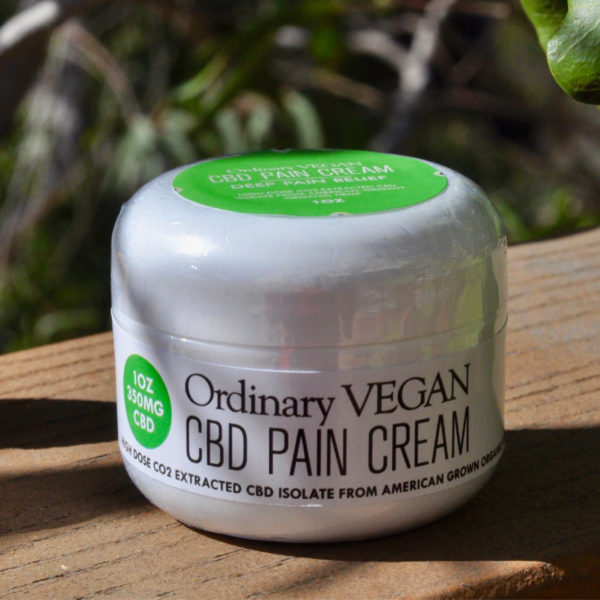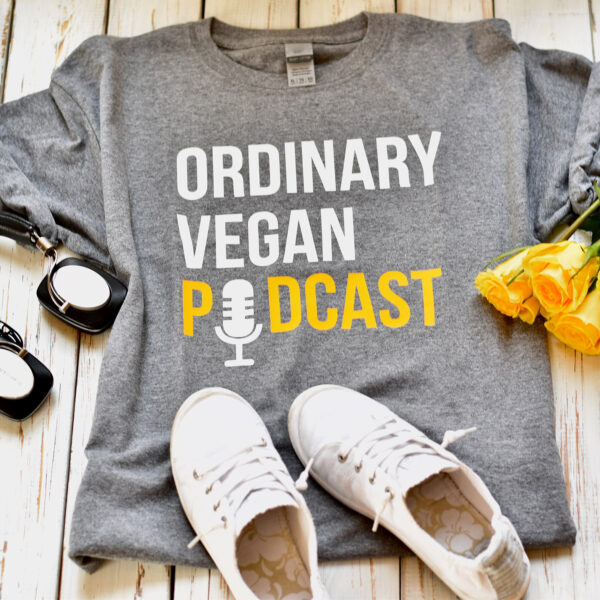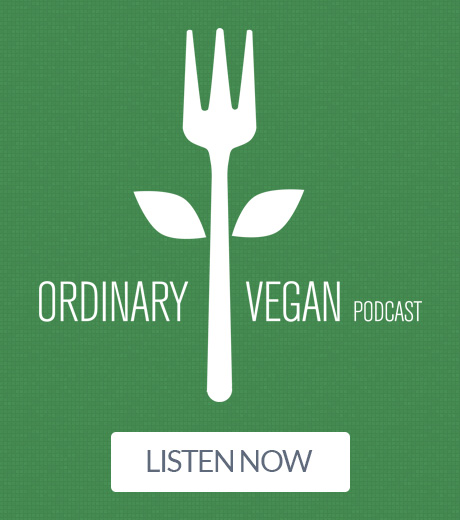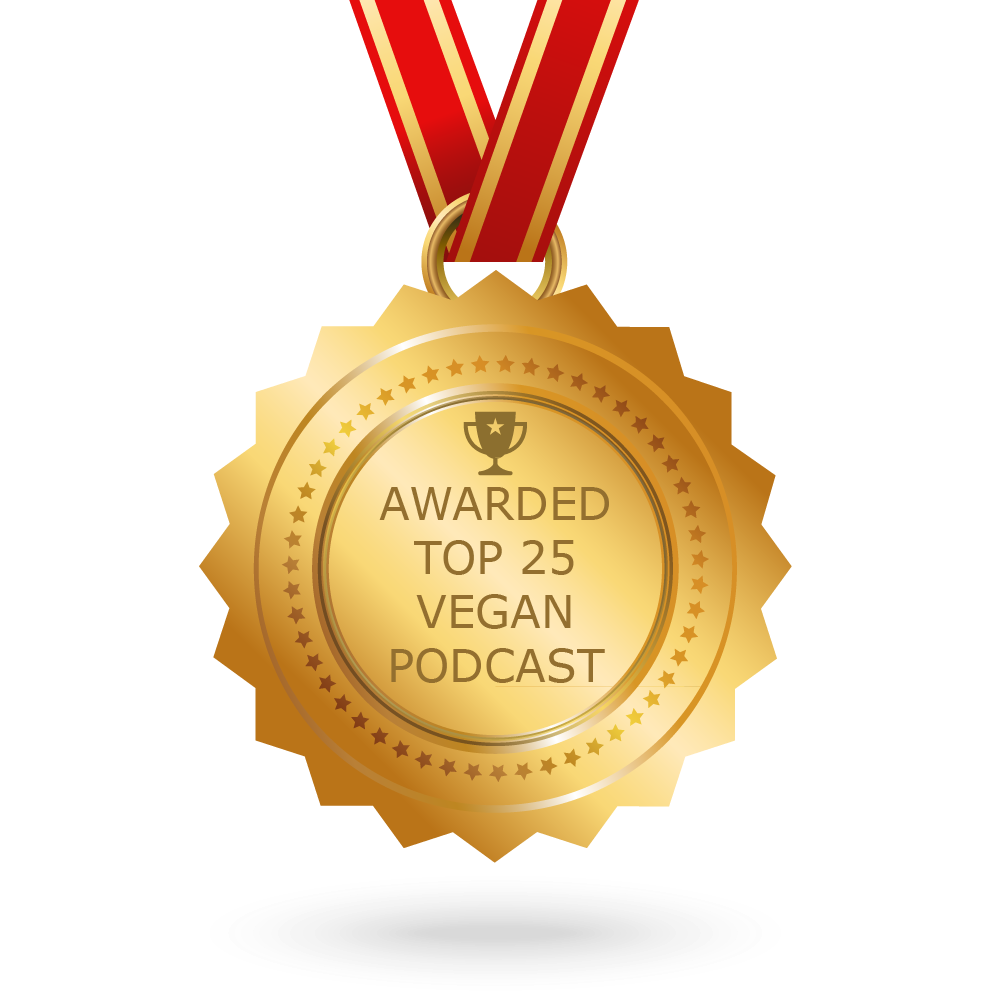The starting point of all achievements is desire. There are so many reasons to live a vegan lifestyle but everybody's reason is going to be different. I'm vegan because I believe that there is a link between food and chronic degenerative diseases.
Some people are vegan because they love animals. There are other reasons like the environment, religion, weight loss etc.
Whatever the reason you choose, you will end up widening the circle of compassion in this world, and your mind and body will soar to new levels. I always say being vegan is like taking a truth serum and living an honest life changes everything.
Good luck and here are some tips to getting started on a vegan diet.
- Don't try to be a perfect vegan just do your best. Every new day gets easier.
- Find the strategy that works for you. If you feel that quitting all non-vegan food at once works for you, then do it. If you need more time to adjust to a vegan diet -just take it slowly and start eliminating non-vegan items from your diet. Make the changes you feel comfortable with, at your own pace.
- Once you make the decision to go all vegan start by giving away any and all meat and dairy products. You could donate them to a local shelter or share with friends.
- Network with other vegans through blogs, web sites etc. You are going to learn so much from the vegan community and you will become a more informed consumer. Also, feel free to reach out to me with any questions.
- Stay away from processed foods. There are hidden animal ingredients in thousands of processed foods. They have names like adrenaline, ambergris, caprylic acid etc. Some companies remove the word “animal” from their ingredient labels to deceive the consumer. My rule is – if you don't know what it is, don't eat it.
- It's not hard to eat out at non-vegan restaurants. It just takes some time to learn what to order and adjust. Most restaurants will accommodate you and cook your veggies etc without dairy. I recommend carefully explaining what you don't eat. Also, look at the side dishes available. I often build my meals from side dishes to avoid hidden animal ingredients.
- The best food you can eat is the food you cook for yourself. I love creating in the kitchen but I know some people can't find the time or energy to cook. My advice is to set some time aside during the week to make some vegan “go to” options. These will come in handy when you come home late from work or school. Cooked grains last quite a few days in the refrigerator (like quinoa & farro) and you can add a quick stir-fry to them or make a cold salad with cucumbers, onions and tomatoes. Growing fresh herbs inside the kitchen is also a great way to add flavor without having to dig through your spice rack. I suggest starting small, growing cilantro, basil and rosemary are some popular choices that are easy to grow. Try to look at cooking as creative time. I like to put on some of my favorite cooking music, pour a glass of wine and create.
- Mindfulness is one of the most important things I do as a vegan. Mindfulness in itself will change your life and the way you eat. I never ever eat in front of a computer screen or television set. I sit somewhere quietly by myself or with family and enjoy what I eat. Mindfulness is the trait of staying aware or paying close attention to what you are doing. I can promise you that this practice will help you eat less and enjoy food more. You will also find yourself practicing mindfulness in other areas of your life.
- One of the most popular myths about a plant-based diet is that you won't get enough protein. I thought this would be my biggest challenge but it hasn't been as hard as I thought. My favorite high protein foods are nuts and whole grains and I have one or the other everyday. Check my shopping list for protein options.
- Buy fruits and vegetables in season to save money and to get the best selection.
Being vegan doesn't have to be expensive. As a matter of fact, I spend less money on food now. - Last but not least, the key to kicking meat and dairy is giving yourself enough time to feel the extraordinary changes that will take place in your mind and body.
FAQ
Is a vegan diet healthy?
A vegan diet can be considerably healthier than a traditional diet when done properly. Studies have shown that vegan diets can significantly reduce one's risk of contracting chronic disease.
Will I get enough protein?
If you eat enough calories and a variety of foods, it is impossible not to get enough protein. Doctors recommend 0.4 grams of protein per day for every pound of healthy weight. So if you weigh 120 lbs – you will need approximately 48 grams of protein a day.
Is honey vegan?
Most vegans are opposed to using insect products. I like to substitute organic maple syrup for honey and sugar.
Organic or non-organic?
The word “organic” refers to the way farmers grow agricultural products like fruits, vegetables and grains. Organic farmers do not use chemical weedkillers or spray insecticides on their plants to reduce pests. Organic farmers also do not use antibiotics and growth hormones (GMOs) to spur growth. Every time you buy something non-organic, you are risking the health of you and your family by ingesting these chemicals. Also, children are more vulnerable to these toxins than adults.
What about B12?
Vitamin B12 is found in food that comes from animals, fish, dairy and eggs. The RDA for adults for vitamin B12 is 2.4 micrograms daily. My favorite way to get B12 everyday is to eat 2 rounded teaspoons of vegan Red Star nutritional yeast or cook with it. Other great sources of B12 are found in fortified soy milk and fortified meat analogues (food made from wheat glutten or soybeans to resemble meat, poultry and fish). Fortified meat analogues are served in many vegan restaurants. Some vegans choose to use a vitamin B12 supplement. There are also many other fortified options like breakfast cereals.
Is a vegan diet safe?
Whenever you make big changes with your diet and health – check with your doctor. My doctor is learning a lot about veganism through me and is very supportive. I would recommend going to your doctor and having a blood test. Re-check it after spending some time on a vegan diet. You will probably be surprised with the healthy results.
Immediate changes
switch from cow's milk to a milk alternative like soy, rice, almond or hemp
switch from butter to vegan options like Earth Balance spread
switch from frozen or canned vegetables to fresh, organic vegetables
switch from cheese to vegan cheese options – I prefer nut and homemade
switch from white bread to organic whole grain bread
switch from white pasta to whole grain pasta (whole wheat, rice, quinoa or spelt)
switch from corn oils to organic olive, vegetable, sesame and safflower oils – I use oil very minimally and prefer vegetable broth for sautéing
switch from white sugar to maple syrup, stevia and blackstrap molasses (watch out for refined sugar – some refined sugar is processed with animal bone char)
switch from mayonnaise to vegan options like Vegenaise mayo
switch from bacon to smoky maple bacon made with tempeh
switch from ice cream to vegan ice creams or sorbets – there are lots of options out there now
add high protein whole grains like quinoa, faro, brown rice – buy in bulk
add ground flax seed to cereals, oatmeals, sliced fruit etc – flax seed is super rich in Omega-3 fatty acids and high in most of the B vitamins, magnesium and manganese. I use 2 tbsp a day. Make sure it is ground. the body has a hard time digesting the seed form.
Next Up: Shopping List

